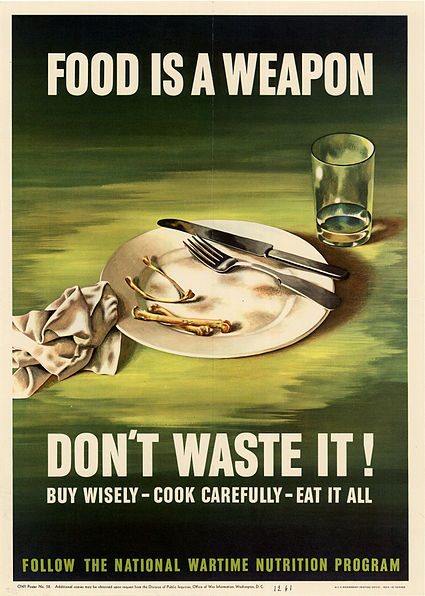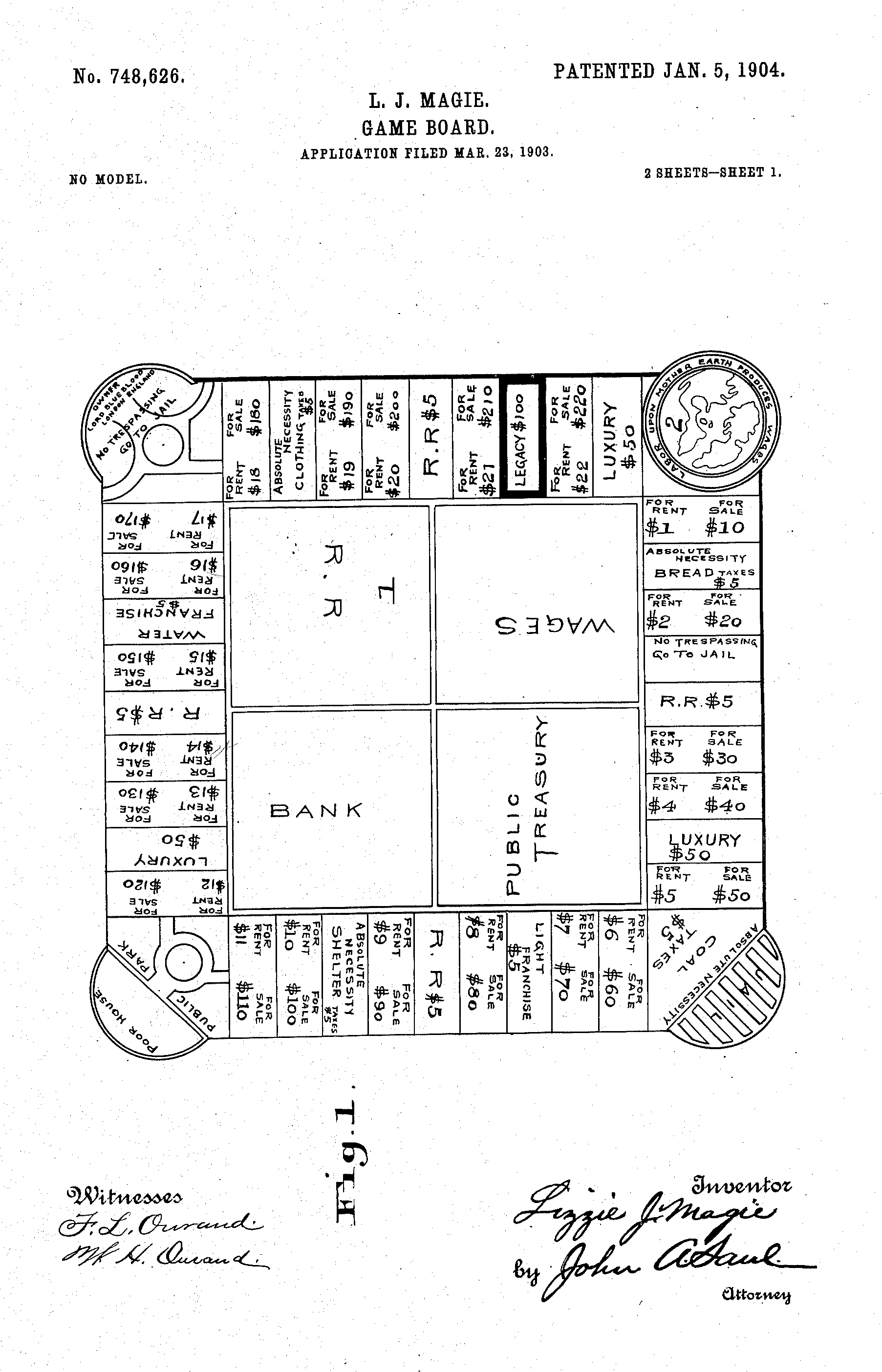A commenter on the interview defended her point of view, framing those who would argue for government subsidies as essentially saying this:
"Shut up and pay up so people like me can go to school for free."Ignoring the absurdity that anyone is "going to school for free", the general idea is that the moochers are weaseling the rich out of their money by getting federal and state college subsidies.
I'll get right to the point. Success is largely social determined. This is so overwhelmingly born out in the research it's not disputable (although, be my guest).
So, social structures are thus leveraged by the advantaged. The fact that there are large demographic trends in college admissions makes this a pretty obvious point. If this is true, then who has actually received the subsidy, the poor kid from a crappy neighborhood or the rich kid who's daddy and mommy both graduated from college?
You can argue this sort of "redistribution" is inefficient (as Mangu-Ward does). But that applies just as well to every "common good" service, aka that which is for the good of the society at large. Schools, parks, military, roads, libraries, etc. are more efficient in every way except one: doing it for the public good. Democracy requires legislation, accountability, etc. Not to mention provision of service with the express belief in the right of citizens to some level of access.
So, public libraries have to spend more to clean up after the homeless people you allow in. Police have to answer every 911 call. Schools have to provide special services to the disabled. And they have to do it all in conditions of incredible revenue uncertainty. This can severely hamper asset allocation. Much of the time government is spent in a mad scramble after a fickle public.
These sort of inefficiencies might be too high a price to pay for some. But they should at least acknowledge behind the sacrifice. We all have values and we seek to align our government along side them. I happen to think that the mentally ill have gotten a raw deal in life and ought to receive the very best treatment society can pay for - at least while there are still luxury goods being consumed. That's my America.
A better, more "values-neutral" position might be on an alien invasion (I imagine the prospects of being enslaved by a bloodthirsty alien race seeking to harvest our organs would be pretty universally uncomfortable). So would we not want every last available resource martialed toward defending against the invaders? Of course we would. Gucci bags in wartime are most conspicuous.
OK, well maybe aliens are a stretch - but we only have to go back to WWII to see what a nation is willing to sacrifice when they feel the cause is worth it. In that case, the only alternative was certain Nazi subjugation. I can guarantee you that anyone foolish enough to raise a fuss about "big government" and insisting the war be fought by private armies because of their efficiency would have been given a swift kick in the arse.
Maybe I need to get very specific here: being enslaved by the Nazis is about as anti-freedom as you can get. Especially if you're Jewish, right? Death isn't very liberating. And neither is totalitarianism or torture. The point is that these experiences were so frightening that we were willing to sacrifice just about anything to avoid them happening to us.
How different then is growing up in poverty, or sleeping under a bridge because of the voices in your head? Or how about being a single mom who can't afford childcare for her kids? Or needing health insurance but not being able to afford it - or denied it because of a pre-existing condition? Or being old and not having money to pay the heating bill? Or even just not being able to go to college and better yourself because there is no practical way to do so without government help. I've worked plenty of minimum wage jobs and they felt nothing if not oppressive. There is always the trades, but even then, being forced into a lot in life that you were forced into choosing seems the antithesis of freedom at best.
Yet when the liberal response to these social problems is government intervention, the specter of "big government" is raised. The basic premise being disagreed with is the specific quality of each form of suffering. Nazis = bad, lots of death and rape = government intervention OK. But poverty, food stamps, drug addiction = not really so bad, maybe they deserve it = government intervention not OK.
I think what is most troubling for liberals is that we see these problems as just being very sad and we feel a moral compulsion to respond in a way that no one should have to experience them, even if it requires paying for an expensive and possibly inefficient infrastructure. The moral case is just that strong.
There are certainly philosophical principles that lead us here. We don't believe, for instance that these people truly chose their fate, as many (all?) on the right do. Neither do we feel that everyone should be given everything for free; it is hard to find a liberal these days that doesn't believe in a strong market system in which much of life is indeed ruled by the market.
But what liberalism is definitely not is a solution in search of a problem: that we aren't really concerned with social problems and just want more government for the fun of it - or to waste the money of the rich! This would be akin to claiming the right wants to spend money on the military and war just for the fun of it. Actually, one might say there is something sort of fetishistic about guns on the right. Maybe one day the left will get food stamp Barbie. I'm reminded now of the game Monopoly being so fun as a celebration of pure greed and competition. Games involving empathy, humility and sharing - values glorified on the left - are few and far between. (Ironically, Monopoly itself was popularized by Quakers and based on The Landlord's Game, a board game designed to show how rents "enriched property owners and impoverished tenants".)
And so, I suppose we've come full-circle - back to who owns what, and where we come from. The evidence for distinct structural mechanisms for class-determinism in America is really unassailable. Although many will continue to try. The reason for this is clear: to acknowledge it would generate a considerable amount of cognitive dissonance within the right-wing mind. If people are not freely choosing their lot in life, then a moral wrong is occurring. In the end, it is all about liberty.


No comments:
Post a Comment